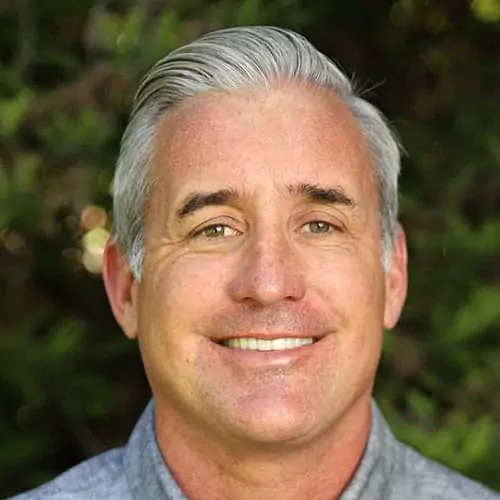Psychological Evaluation
A comprehensive psychological evaluation is an essential part of the Visions experience and an integral part of a personalized treatment plan.
Learn More
LGBTQ+
We fully recognize the legitimacy of all gender identities and the unique struggles LGBTQ+ teens go through due to the stress of dealing with a lack of critical information, bullying, and lack of acceptance in the community.
Learn More
Teletherapy
Teletherapy is more accessible to access and offers greater flexibility to teens unable to access in-person therapy and treatment. It allows teens to receive the same high-quality care from the comfort of their homes, ensuring consistent support during their recovery journey toward mental wellness.
Learn More
Primary Residential
Our three residential treatment centers focus on helping teens through a comprehensive treatment program. Each center provides a safe, structured environment where teens can heal and develop the skills needed for long-term success.
Learn More
Extended Care
Housed in an environment that conveys dignity and respect for the individual, this home-like, family feeling expresses a sense of warmth and security.
Learn More
Mental Health & Wellness Center
Provides services ranging from private practice therapy to intensive outpatient programming for both teens and adults.
Learn More
Day School
Provides a safe learning environment to meet the individual academic and social needs of students who cannot function in a mainstream environment.
Learn More
Specialty Clinic
Focused on providing primary and auxiliary treatments aimed at specific cases of trauma, addiction, OCD, eating disorders, and other conditions.
Learn More
Psychological Evaluation
A comprehensive psychological evaluation is an essential part of the Visions experience and an integral part of a personalized treatment plan.
Learn More
LGBTQ+
We fully recognize the legitimacy of all gender identities and the unique struggles LGBTQ+ teens go through due to the stress of dealing with a lack of critical information, bullying, and lack of acceptance in the community.
Learn More
Teletherapy
Teletherapy is more accessible to access and offers greater flexibility to teens unable to access in-person therapy and treatment. It allows teens to receive the same high-quality care from the comfort of their homes, ensuring consistent support during their recovery journey toward mental wellness.
Learn More
Primary Residential
Our three residential treatment centers focus on helping teens through a comprehensive treatment program. Each center provides a safe, structured environment where teens can heal and develop the skills needed for long-term success.
Learn More
Extended Care
Housed in an environment that conveys dignity and respect for the individual, this home-like, family feeling expresses a sense of warmth and security.
Learn More
Mental Health & Wellness Center
Provides services ranging from private practice therapy to intensive outpatient programming for both teens and adults.
Learn More
Day School
Provides a safe learning environment to meet the individual academic and social needs of students who cannot function in a mainstream environment.
Learn More
Specialty Clinic
Focused on providing primary and auxiliary treatments aimed at specific cases of trauma, addiction, OCD, eating disorders, and other conditions.
Learn More
Psychological Evaluation
A comprehensive psychological evaluation is an essential part of the Visions experience and an integral part of a personalized treatment plan.
Learn More
LGBTQ+
We fully recognize the legitimacy of all gender identities and the unique struggles LGBTQ+ teens go through due to the stress of dealing with a lack of critical information, bullying, and lack of acceptance in the community.
Learn More
Teletherapy
Teletherapy is more accessible to access and offers greater flexibility to teens unable to access in-person therapy and treatment. It allows teens to receive the same high-quality care from the comfort of their homes, ensuring consistent support during their recovery journey toward mental wellness.
Learn More
Primary Residential
Our three residential treatment centers focus on helping teens through a comprehensive treatment program. Each center provides a safe, structured environment where teens can heal and develop the skills needed for long-term success.
Learn More









